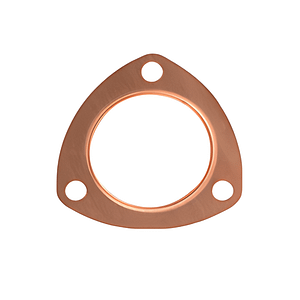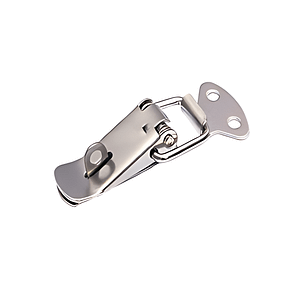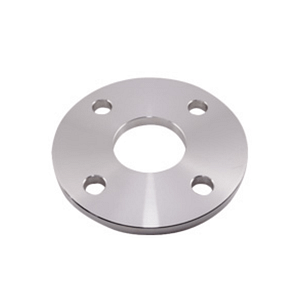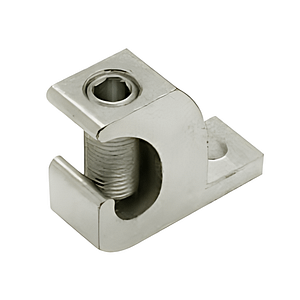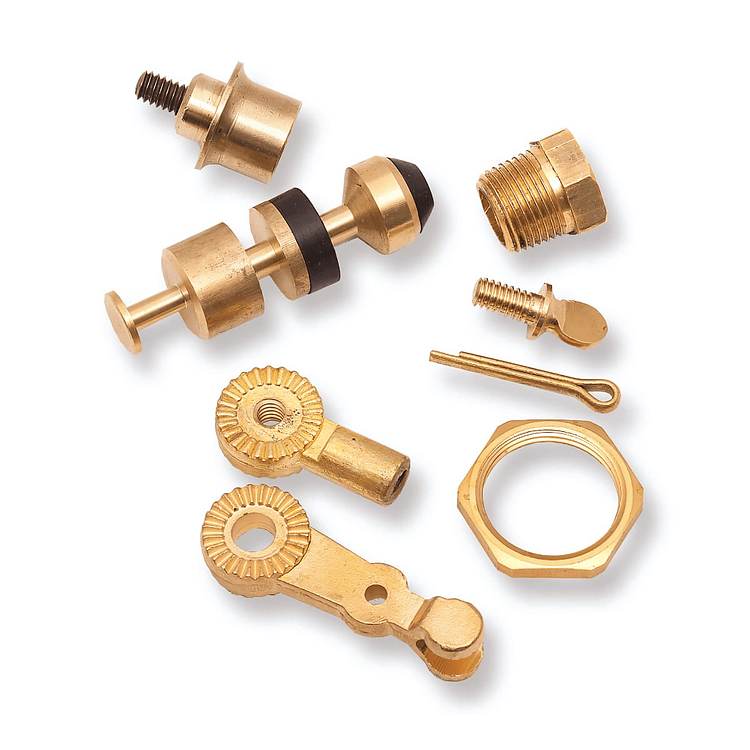
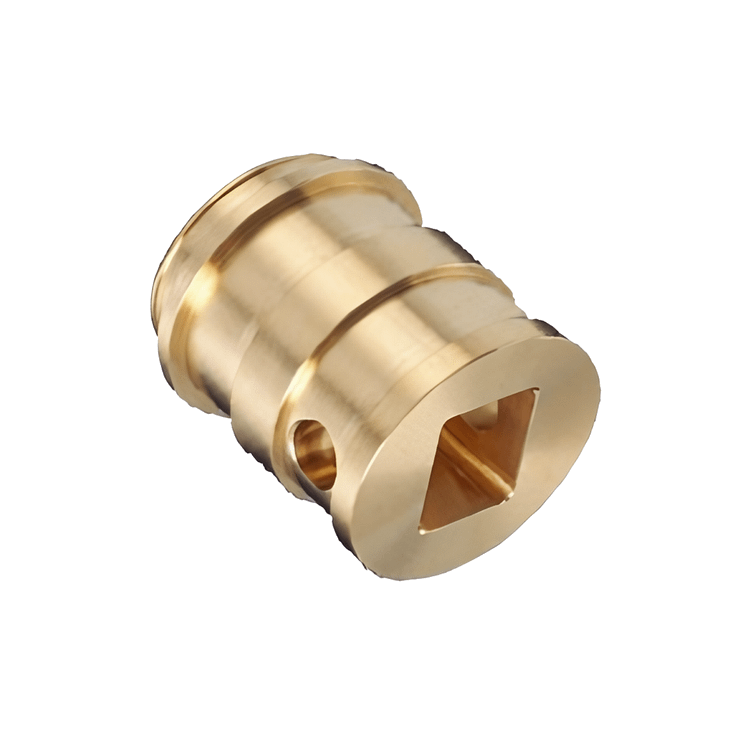
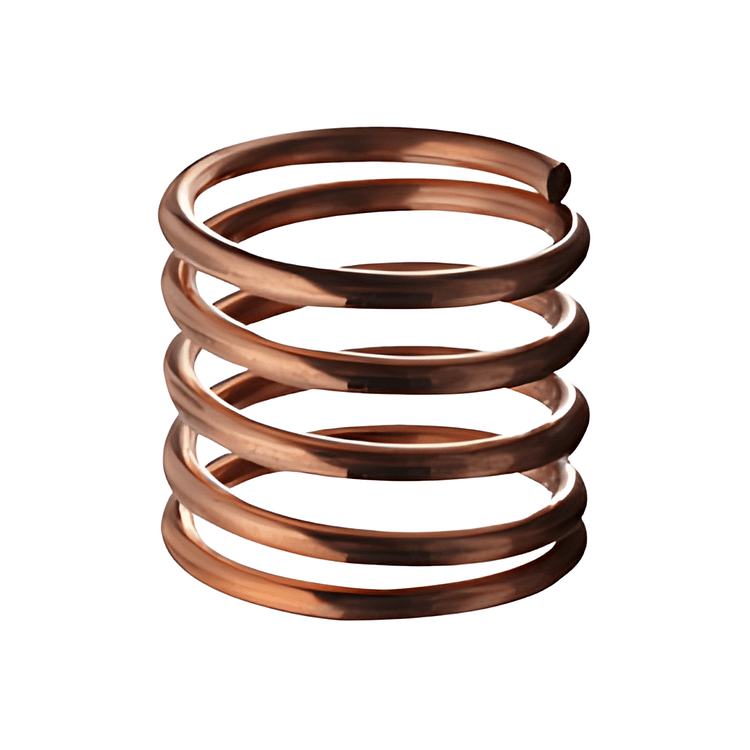
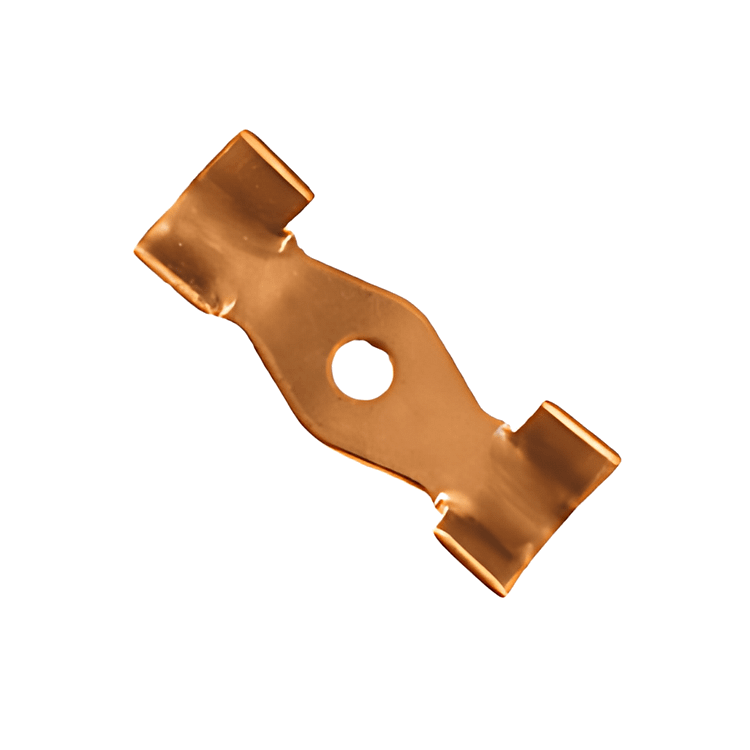
Flexible Brass Components for Multiple Industries
Brass miscellaneous parts cover a wide range of custom and standard brass components used across automotive, electrical, plumbing, hardware and decorative applications. These parts are produced from high‑quality copper‑zinc alloys that combine strength, corrosion resistance and visual appeal, making them suitable for both functional and aesthetic uses in demanding environments.
Versatile Applications of Brass Miscellaneous Parts
Because of their balanced mechanical and visual properties, brass miscellaneous parts are used wherever reliable performance and a professional finish are required. Typical applications include:
- Fittings, connectors and adapters in plumbing and fluid systems
- Electrical and electronic terminals, lugs, contacts and switch parts
- Small mechanical parts in automotive, machinery and instrumentation
- Hardware, knobs, brackets and components for furniture and architectural projects
- Decorative elements for interior, lighting and hardware design
This versatility allows OEMs, fabricators and designers to specify one material family for multiple product lines.
Durability and Mechanical Strength
Brass offers high tensile strength and good resistance to wear, impact and vibration, which is essential for parts that are handled frequently or installed in moving assemblies. Properly engineered brass components:
- Maintain dimensional stability under mechanical load
- Resist deformation and thread damage during installation and service
- Provide long service life in both indoor and outdoor conditions
This durability helps reduce replacement frequency, warranty claims and lifecycle costs for end users.
Corrosion Resistance for Tough Environments
In many applications, parts must perform reliably in the presence of moisture, cleaning agents or industrial atmospheres. Brass’s inherent resistance to rust and many common chemicals makes it a strong choice where corrosion is a concern. Typical use cases include:
- Plumbing and sanitary fittings exposed to water and humidity
- Marine and coastal hardware subject to salt‑laden air
- Industrial assemblies with periodic washing or chemical exposure
Corrosion‑resistant brass parts maintain sealing surfaces, threads and functional geometry over time, supporting consistent performance.
Aesthetic Appeal and Surface Finish Options
The natural golden color of brass gives components a premium, high‑quality look that is valued in visible installations. Depending on the design intent, brass miscellaneous parts can be:
- Highly polished for a bright, reflective finish
- Satin‑finished for a softer, architectural look
- Allowed to develop a natural patina for vintage or rustic designs
This combination of function and appearance makes brass suitable for both hidden and visible components in product design and architecture.
Excellent Machinability and Complex Geometries
Brass is one of the most machinable engineering materials, which is a major advantage when parts require complex shapes, close tolerances or fine details. With modern CNC machining, turning and drilling, brass miscellaneous parts can be produced with:
- Precise threads, slots, holes and undercuts
- Tight dimensional tolerances across large batches
- Repeatable quality for OEM and export markets
High machinability also supports efficient production, helping to control cost while maintaining precision.
Electrical Conductivity for Connectors and Terminals
Many electrical and electronic applications require components that combine mechanical strength with good electrical conductivity. Brass provides a reliable solution for:
- Terminals, connectors and links
- Contacts and switch components
- Grounding, earthing and power distribution hardware
In these roles, brass parts ensure secure mechanical fastening while supporting stable electrical performance.
Customization Options for Brass Miscellaneous Parts
Because each industry and product line has its own requirements, brass miscellaneous parts are often supplied in custom configurations. Customization can include:
- Dimensions based on customer drawings or samples
- Different profiles: round, hex, square, stepped, knurled or special shapes
- Thread standards and forms for domestic and international markets
- Specific brass grades suited to mechanical, electrical or corrosion requirements
- Surface finishes such as polishing, plating or special coatings
This flexibility allows buyers to match parts precisely to their assemblies and performance targets.
Sustainability and Recyclability
Brass is fully recyclable without significant loss of properties, which aligns with modern sustainability and circular‑economy goals. Using brass miscellaneous parts can help:
- Reduce dependence on virgin raw materials
- Support scrap recovery and closed‑loop material flows
- Demonstrate environmental responsibility in manufacturing and procurement
For many customers, material recyclability is now a key factor in supplier and component selection.
Conclusion
Brass miscellaneous parts offer a powerful combination of versatility, strength, corrosion resistance, machinability and aesthetic value, making them suitable for a broad spectrum of industrial, electrical, plumbing, hardware and decorative applications. By leveraging the unique properties of brass—along with options for customization and high‑quality finishing—manufacturers and designers can specify components that perform reliably, look professional and support long‑term sustainability goals.
